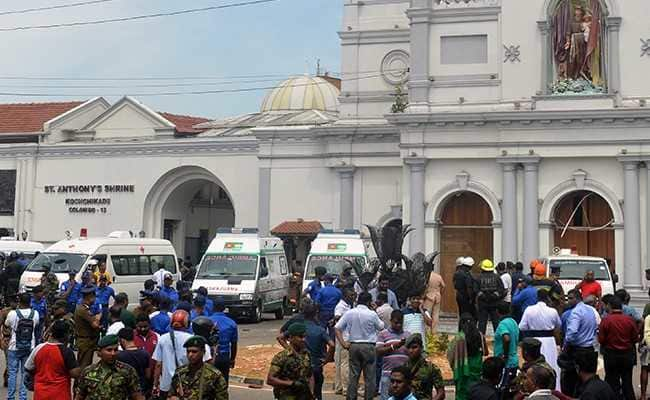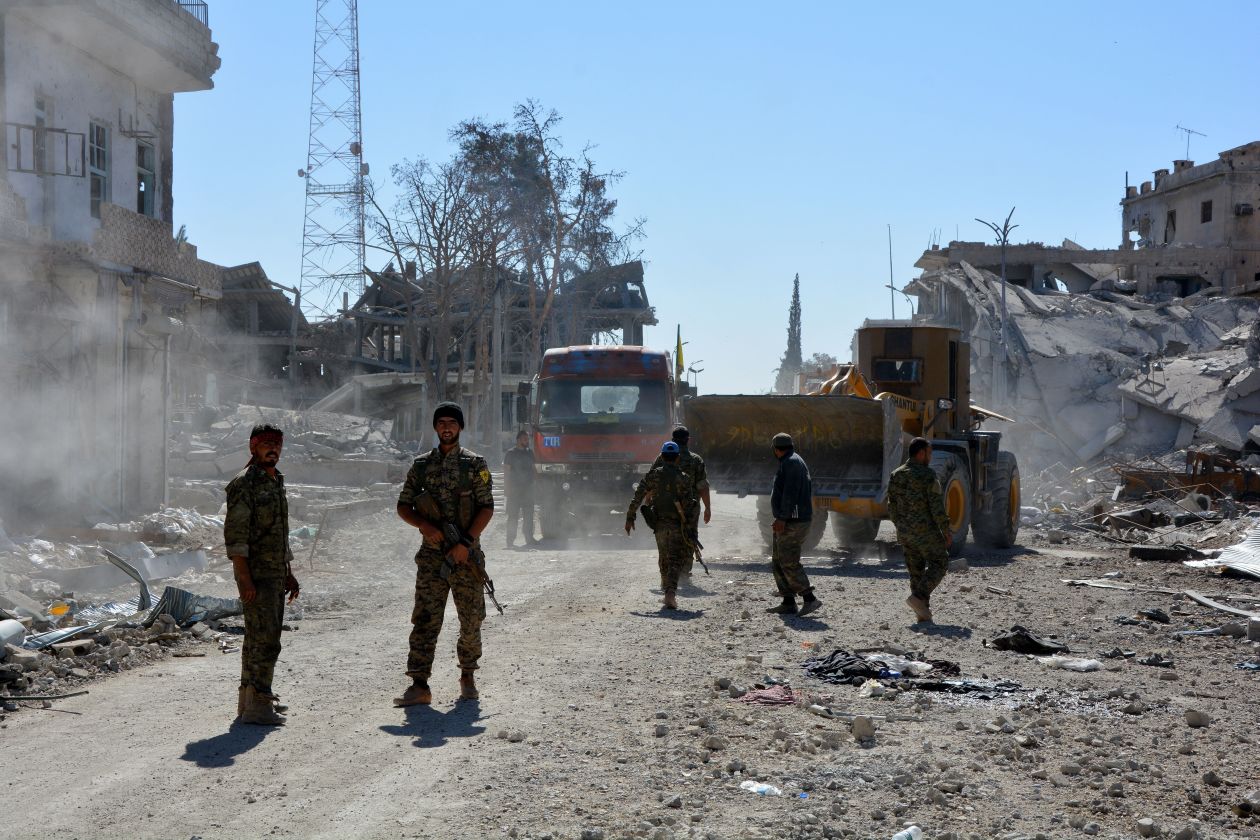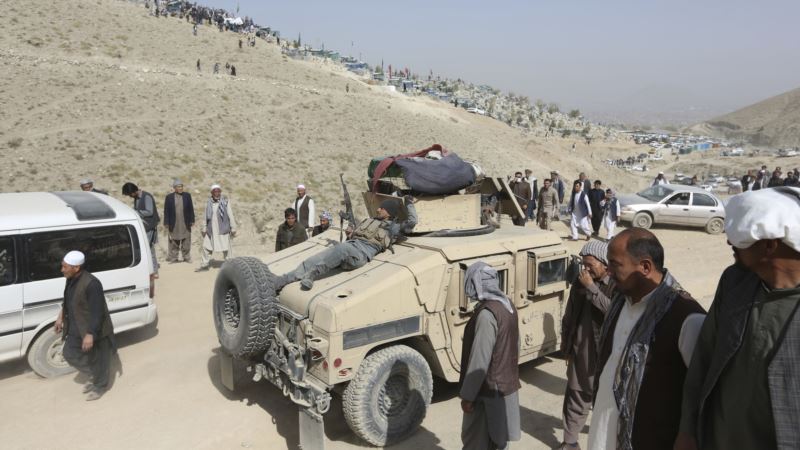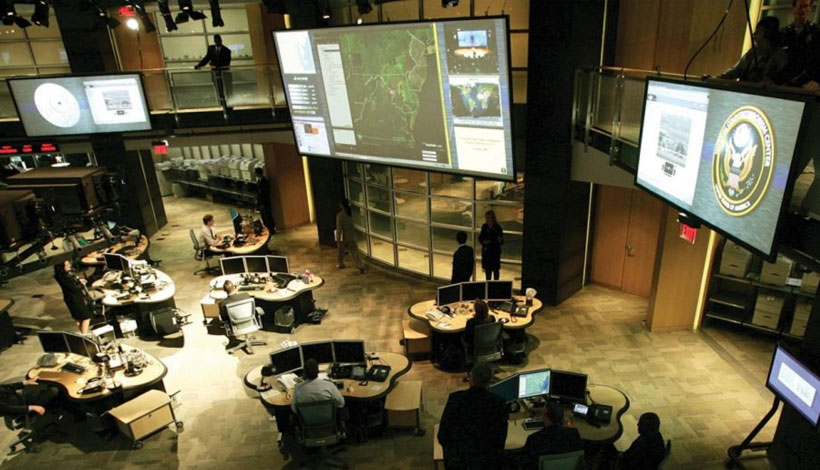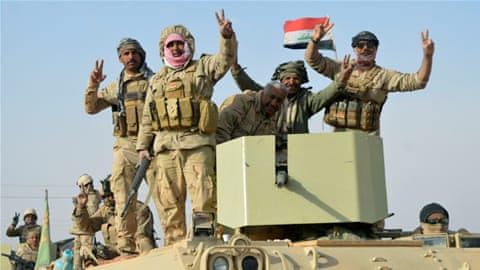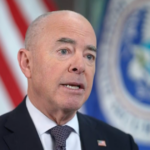Much of what has been said in the wake of the terrorist attacks in Paris has been sterile — when it has not been obscene. So many of the responses have been so sadly predictable. On one side stand the apologists and wishful thinkers, who insist that the murders have “nothing to do with Islam”; on the other stand the demagogues and hatemongers, who suggest (or merely insinuate) that Islam is poison, and that all Muslims are a menace.
Social media make it hard to have a nuanced conversation about anything, let alone the things — like God and religion — that many of us hold dearest. Panic and fear only make it harder. Not surprisingly, then, the public conversation about radical Islam is often tedious at best, and downright toxic at worst. Yet in confronting the crisis of religion in general, and of Islam in particular, we need nuance desperately.
There is a battle afoot, a struggle for the soul of Islam. Al Qaeda and ISIS are terrifying examples of what can happen when religion’s worst impulses run totally wild. If the forces of radical Islam are not combatted, they will consume us all. (The problem, of course, is that no one is really sure how most effectively to combat them; the ones who are most sure are often the ones least worth listening to.)
You may be interested
But here is where things get messy. Only the resolutely clueless deny that large swaths of Islam are in crisis. Yet only the shamelessly bigoted insist that the crisis in Islam reflects an unchanging, eternal truth about one of the world’s most venerable religious traditions. And only Jews and Christians afraid to look in the mirror insist that Muslims alone are capable of religiously sanctioned inhumanity.
In facing the current moment, there are four pitfalls we must avoid. The first two, the mistakes of misguided liberals, are (1) denying that Islam has anything to do with ISIS, and (2) refusing to admit that Islam is in unique crisis. The latter two, the mistakes of reactionary conservatives, are (3) declaring that Islam is irredeemably evil, and (4) painting all Muslims with the same brush. All four of these illusions are appealing to some, but all are false, and ultimately noxious.
It’s crucial to notice that these illusions often feed on each other in disastrous ways. The more the voices of enmity and antagonism cast suspicion on all Muslims, the more tempted moderate Muslims and their allies will be to insist that ISIS and Islam are utterly unconnected. Conversely, the more moderate Muslims and their supporters insist, implausibly, that ISIS and Islam are totally separable, the more the radical haters will dig in their heels. And so the conversation we most need — about Islamist radicalism and possible paths to its defeat — is precisely the one we rarely end up having.
Jumping into the fray, Forward editor-in-chief Jane Eisner does not help matters. Likely distraught at Donald Trump’s libelous attacks on American Muslims, Eisner swings all the way to the opposite extreme, encouraging her readers to forego attributing the Paris terror attacks to radical Islam. She asks her readers to “consider whether Yigal Amir, who killed Israel’s prime minister Yitzhak Rabin… represented radical Judaism. Or was he instead a radical, fanatical Jew?”
But uncomfortable as his ferocious hatred (rightly) makes Eisner, Amir was not just a radical, fanatical Jew. He was steeped in a hyper-nationalist messianic religious ideology — a vision of Judaism, in other words — and he acted on his understanding of what that ideology demanded of him. Call it radical Judaism; call it Judeo-fascism; call it whatever you want, but don’t kid yourself: Amir’s murderousness was a manifestation of his Judaism.
We can argue — we should argue — about better and worse interpretations of tradition. We should be willing to declare some expressions of Judaism beyond the pale. But it is ultimately unhelpful (and often unforgivably self-serving) to deny that they are expressions of Judaism.
The same applies to ISIS. (Needless to say, I hope, I am not equating right-wing religious Zionism with ISIS; I am simply drawing out the implications of Eisner’s analogy.) ISIS is driven by a savage ideology that takes inspiration from Islamic texts and traditions. Call it radical Islam; call it Islamism; call it whatever you want, but don’t kid yourself: ISIS’s barbarism and brutality are manifestations of Islam. Muslims have to face that ugly truth, and so, too, do the rest of us.
To suggest otherwise is to deny just about everything ISIS has ever said about itself. Shadi Hamid of the Brookings Institution points out that divorcing ISIS (and its many cousins) from Islam “isn’t even effective at countering Islamophobia, since, to the unpersuaded, claims that Islam and ISIS are unrelated sound entirely divorced from reality.”
As a religious leader, I don’t want to get Judaism off the hook for its role in Rabin’s murder, and I don’t want to get Islam off the hook for Paris, either. Why? Because religious leaders — all of us, not just Muslims — need to confront the fact that while religion can elicit empathy and love and deeds of great kindness, it can also call forth hatred and bigotry and unspeakable cruelty. Deflecting the questions religious leaders must face through sleight of hand is a moral and theological evasion that the world cannot afford right now.
Rabbi Shai Held is Co-Founder and Dean of Mechon Hadar and the author of “Abraham Joshua Heschel: The Call of Transcendence.”

